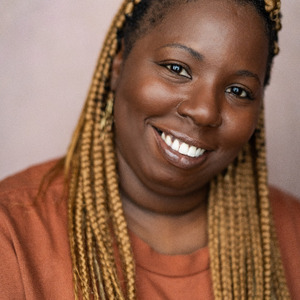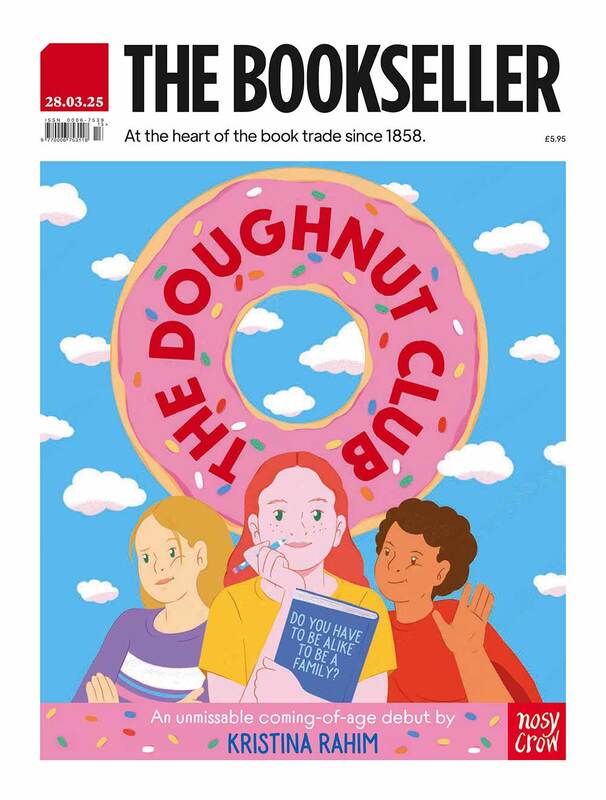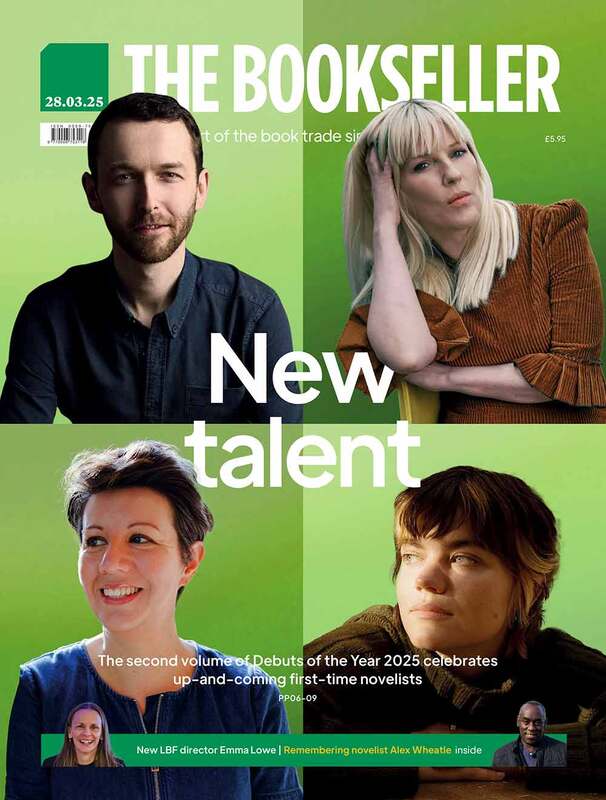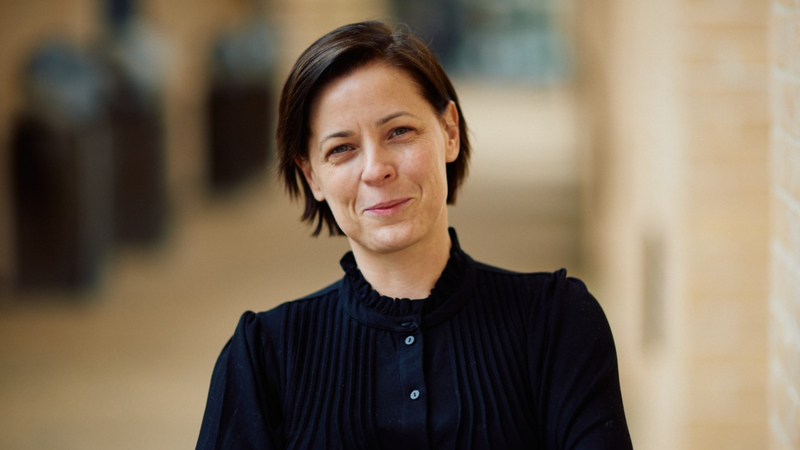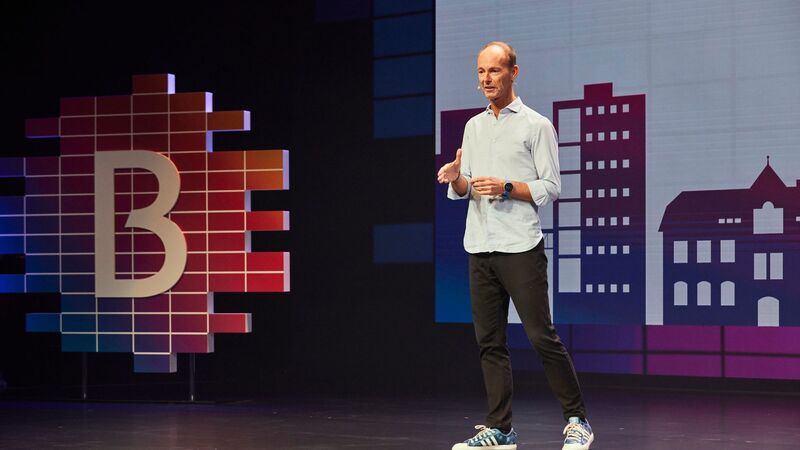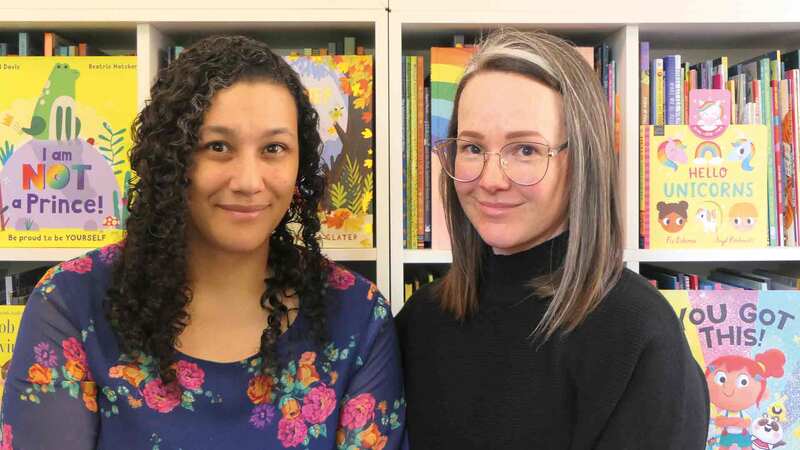News for emerging authors: August
A hand-picked selection of news stories from the past month that emerging writers should know about.
OK, who has a Bookseller account so that I can get behind the paywall? And now that I’m in, how is this relevant to me again?
Hello again, and welcome to the third instalment of this series for emerging authors, where I peruse The Bookseller headlines from August and attempt to decipher what the book industry is trying to tell us.
It is worth acknowledging that August in the UK was an incredibly difficult time for many of us, because of the racist riots. But the overwhelming response of anti-racist protests, along with big and small communities coming together to rebuild what was broken, raise funds for bookshops caught in the crossfire and generally do their best to stamp out hate, managed to bring some much-needed light during a very dark period.
So, why not turn our focus to the different ways the publishing industry made a community effort in August—and what it could mean for a newbie writer on the block?
First up, story stations in Canary Wharf.
Canary Wharf partners with Penguin to relaunch its short story stations
The initiative is simple: commuters to east London’s Canary Wharf can now access poems, short stories and extracts from a handful of authors on eco-friendly paper, with just the click of a button. In August, these stations celebrated South Asian Heritage Month, and future writing will feature stories for Black History Month and LGBTQ+ Pride Month.
As a reader, you’ll know that during times such as these, the written word can be a source of comfort, education or inspiration. But what happens when it all becomes a bit too much and the writing is blocked? Oftentimes, our creativity can be refuelled by engaging with stories that are not our own, and the short story stations are a perfect resource for that. If you’re not London-based and can’t get to Canary Wharf, consider other ways you might get out of your own head and into someone else’s? Maybe by picking up a second-hand book or two?
Well, what a perfectly seamless segway into our next headline.
Bookshop.org launches new second-hand book scheme with Zeercle
Bookshop.org (an online bookshop with a mission to financially support local, independent bookshops) has launched its incredible "Bookloop" scheme which encourages readers to exchange their pre-loved books for Bookshop.org credits. Those second-hand books are then resold via a buy-back online platform, where a percentage of the profits go directly to the authors.
This scheme is another way for our books to live on a little longer, and to make it into the hands of new readers who may not have heard of us before
If I haven’t said it already, this industry often demands staying power from us as writers. Whether your debut made a big splash or ended up being a light sprinkling of rain, independent bookshops remain some of the biggest champions of your books, old or new. And this scheme is another way for our books to live on a little longer, and to make it into the hands of new readers who may not have heard of us before but who love the feel of a pre-loved book. Plus, if you’re like me, you also might have one too many books piled high on a shelf that you’re worried might collapse and cause your demise one day. So, this scheme might save your life.
And what if being part of a community could save your career, too? Thus, here we are at our third and final headline:
Creators demand immediate change from companies developing AI
Unless you’ve been fortunate enough to stay off the internet for the last year, you would have seen that Artificial Intelligence (AI) has finally joined the mainstream, and its ability to steal, learn and potentially "create" (I am purposely using that word very loosely) visual, audio and written artworks is rightly raising concerns among creatives. In early August, the Creators’ Rights Alliance (a coalition that exists to promote, protect and further the interests of creators through policy, advocacy and campaigning work) penned an open letter to software development companies, demanding that creators’ work only be used to train and develop AI if legal licensing agreements are in place, which includes paying creators for use of their work.
This seems a simple enough ask, and if you’re just coming into the industry, you might assume this is happening already—but it is not. That is why I am highlighting it here: when you get offered that book deal, it’s important to find out where your would-be publisher stands on AI, the sharing of your work and your future in print. And if this all just sounds too complex, places like the Creators’ Rights Alliance can help you find your first point of call to ensure your basic legal rights as a working writer are being met.
It may not be sexy or glamorous but understanding where your work is being used and how, beyond the twice yearly royalty payment, will allow you to not only stay in the writing community, but thrive too.
And writers, we need you to thrive.
